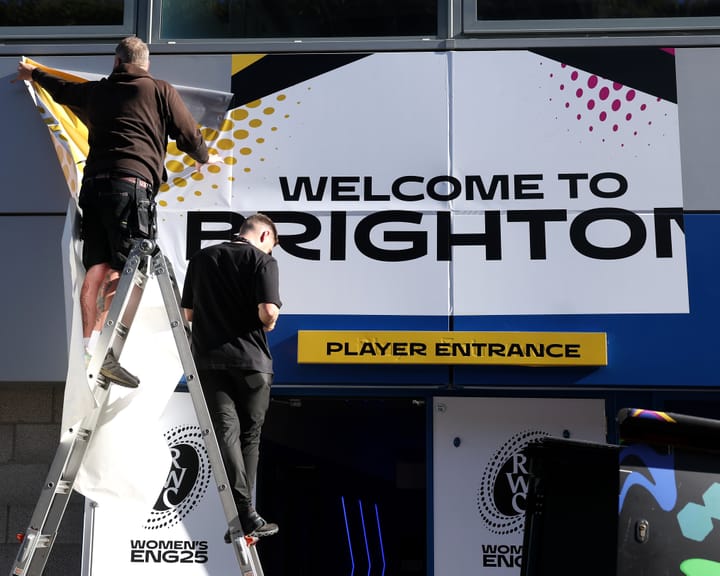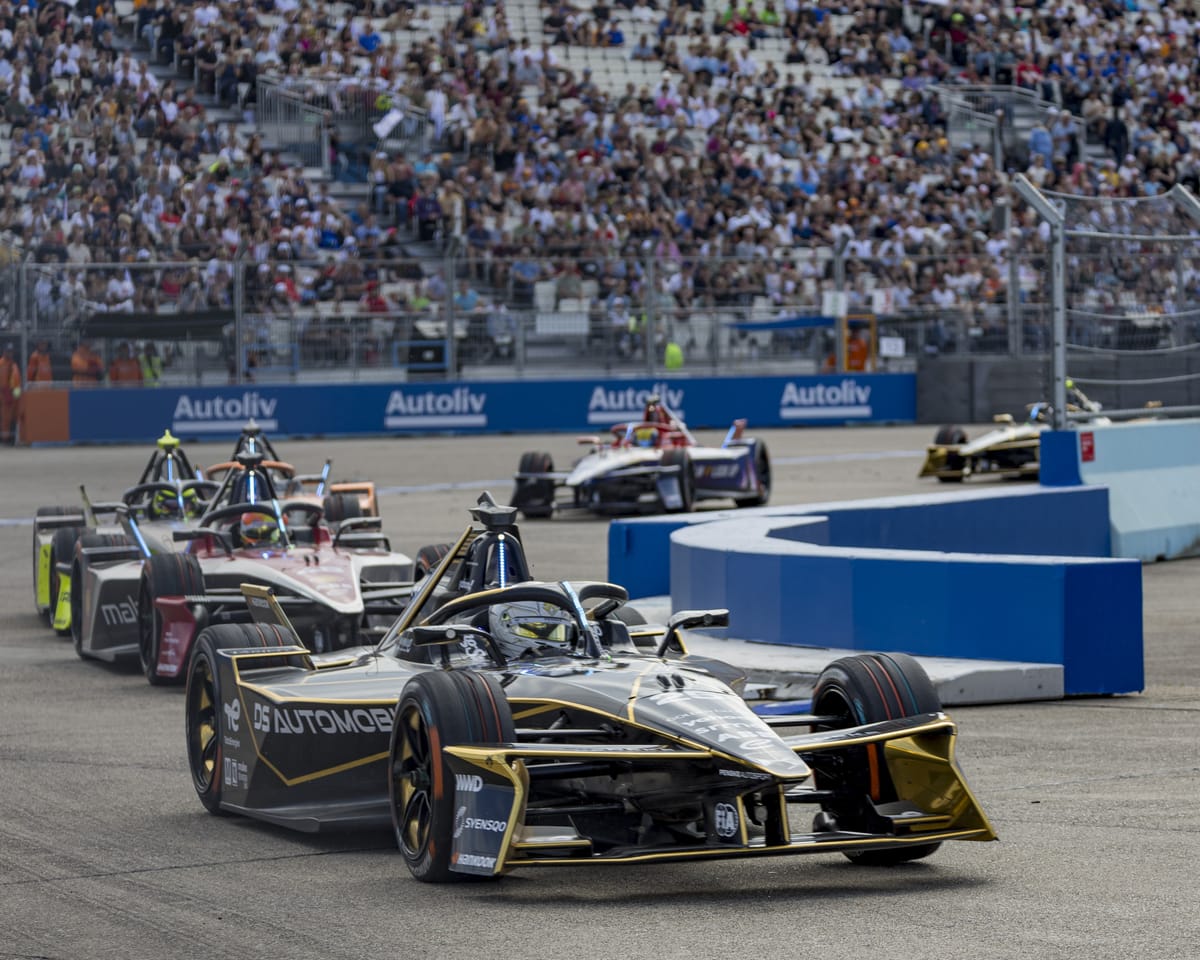A championship with a clear mission, Formula E approaches its final round in London this weekend having already proven its relevance. The transition to electric vehicles, once seen as a distant prospect when the series launched in 2014, is now widely accepted as crucial in addressing the climate crisis. Nevertheless, Formula E remains committed to developing a competitive and engaging championship, though it still struggles to capture widespread public interest.
The early years did little to help its reputation. A decade ago, the sluggish, awkward cars circling Battersea Park failed to showcase the potential of electric racing. Drivers were even forced to switch vehicles mid-race due to battery limitations. Though the novelty of inner-city street racing drew initial curiosity, many events fell short, leaving behind a lasting negative perception.
Today, however, Formula E warrants a closer look. The championship has transformed dramatically, as witnessed recently at Berlin’s former Tempelhof airport, where Britain’s Oliver Rowland secured victory for Nissan.
The cars have reached their third generation, known as the Gen 3 Evo. Battery swaps are a thing of the past, speeds now exceed 200mph, and acceleration is blistering, reaching 60mph in 1.82 seconds. Regenerative braking supplies nearly half of the race’s energy needs, with electric motors operating at over 95% efficiency.
While the sound remains a point of contention—now resembling a jet engine more than kitchen appliances—the racing itself is intense. With evenly matched cars and minimal aerodynamic turbulence, overtaking is frequent and thrilling. Rowland’s hard-fought victory, though impressive, failed to generate the attention expected of a series entering its second decade.
Despite claims of 374 million global fans in recent surveys, Formula E has yet to fully break through. Florian Modlinger, Porsche’s team principal and an engineer by trade, acknowledges the series’ technical strides but admits more must be done. "After 11 seasons, the attention isn’t where it should be," he says. "We’re still growing. Formula 1 has 75 years behind it—we need more time and greater visibility."
Read next

"Brighton’s inclusivity sets stage for sold-out World Cup weekend"
Brighton Prepares for a Sporting Celebration Like No Other
While Villa Park will draw attention for England’s match against Andorra and Monza for the Italian Grand Prix, few events in global sports this weekend will rival the atmosphere in Brighton. The appeal isn’t just about entertainment or scheduled

"Anisimova clashes with Sabalenka and inner struggles in US Open finale"
Amanda Anisimova’s Resilience Shines Ahead of US Open Final
Amanda Anisimova struggled to keep her emotions in check in the days leading up to the season’s last major tournament. As the American prepared for her first-round match, the weight of her own expectations became a source of intense

"England vs Andorra WC qualifier preview, WSL discussion, and Football League updates – live coverage"
Key Moments
Much of England’s camp has revolved around discussions about the recently concluded transfer period. On Friday, the focus was on Dan Burn’s challenge against Alexander Isak.
Recent Matches
Denmark and Scotland played out a goalless draw in a match that was far from thrilling but still

